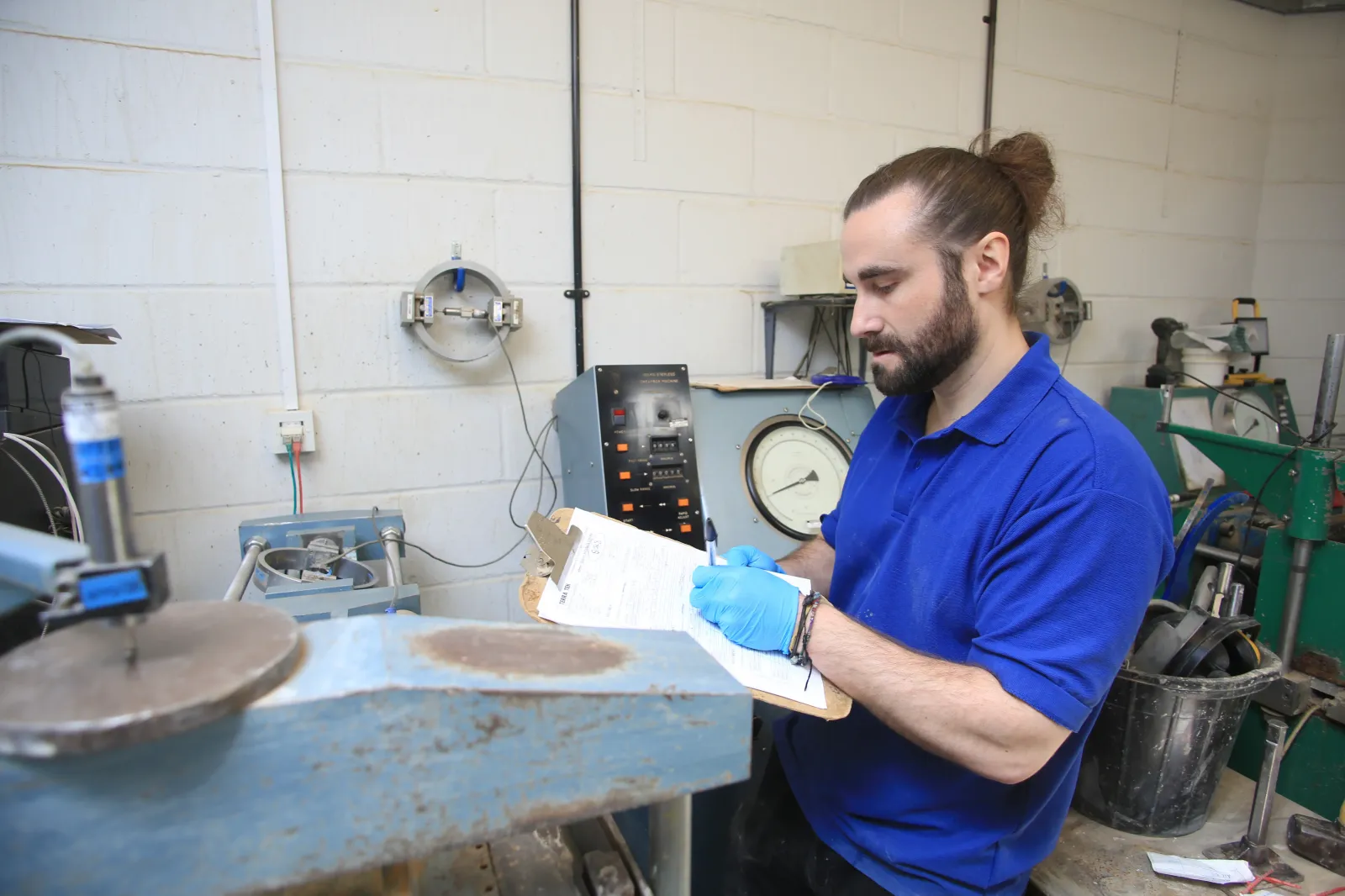
Geotechnical & Geo-environmental Testing
About
What are geotechnical and geo-environmental site investigation services?
Geotechnical and geo-environmental site investigation services involve the collection and analysis of data about the ground conditions and chemical composition of a site.
This information is then used to assess the risks and make recommendations for the design and construction of any proposed development.
Importance
Why are geotechnical and geo-environmental site investigations important?
Geotechnical and geo-environmental site investigations are important because they can help to identify and mitigate a range of risks, including:
- Ground instability, such as landslides and sinkholes
- Foundation problems
- Soil and groundwater contamination
- Aggressive ground conditions that can corrode or damage buried structures
What types of geotechnical and geo-environmental site investigation services does Igne offer?
We offer a wide range of geotechnical and geo-environmental site investigation services, including:
- Environmental site assessments: These involve a review of historical records and a site walkover to identify any potential environmental risks.
- Chemical testing: This can be used to identify and quantify a wide range of chemicals in soil, groundwater, and other environmental media.
- Geotechnical testing: testing can be used to determine the physical properties of soil and rock, such as strength, bearing capacity, and permeability.
- Factual and interpretive reporting: Our team of experienced geotechnical engineers and environmental scientists can prepare comprehensive reports that summarise the findings of the site investigation and provide recommendations for the design and construction of the proposed development.
- Post remediation reporting: We can also provide post remediation reporting to confirm that the remediation work has been successful and that the site is now suitable for its intended use.
- Aggregate and rock testing: We offer a range of tests to assess the quality and suitability of aggregate and rock materials for construction purposes.
- Ground aggressiveness testing (BRE suites): These tests are used to assess the corrosivity and aggressivity of the ground to buried concrete and metal structures.
- Waste acceptance criteria testing: We can test waste materials to determine whether they meet the waste acceptance criteria for disposal at different types of landfill sites.
- Asbestos identification and quantification testing: We can identify and quantify the presence of asbestos in soil, air, and other materials.
How can Igne help you with your geotechnical and geo-environmental site investigation needs?
At Igne, we have a team of experienced and qualified geotechnical engineers and environmental scientists who can provide you with the expert advice and support you need for all your site investigation needs.
We have a wide range of specialist equipment and expertise, and we are able to undertake all aspects of site investigation work, from initial desk studies to intrusive investigations and laboratory testing.
We are also able to provide comprehensive reporting and recommendations to help you make informed decisions about your development project.
Frequently asked questions
Q: What is the difference between a geotechnical and a geo-environmental site investigation?
A: A geotechnical site investigation is primarily concerned with assessing the physical properties of the ground, such as strength, bearing capacity, and permeability. A geo-environmental site investigation is primarily concerned with assessing the chemical composition of the ground and groundwater and identifying any potential environmental risks. We offer both.
Q: What are the different types of intrusive site investigation techniques?
A: The most common types of intrusive site investigation techniques include:
- Trial pits: These are excavations that are dug into the ground to allow for visual inspection and sampling of the soil and rock.
- Boreholes: These are holes that are drilled into the ground to collect soil and rock samples and to measure groundwater levels.
- Window sampling: This technique is used to collect soil samples from soft ground conditions.
Q: What is the purpose of factual and interpretive reporting?
A: Factual and interpretive reporting is used to summarise the findings of the site investigation and to provide recommendations for the design and construction of the proposed development. The report will typically include information on the ground conditions, any potential environmental risks, and the proposed foundation design.
Q: What is post remediation reporting?
A: Post remediation reporting is used to confirm that the remediation work has been successful and that the site is now suitable for its intended use. The report will typically include information on the remediation works that were undertaken, the results of any post remediation testing, and a risk assessment.
If you are planning any form of development project, it is essential to have a geotechnical and geo-environmental site investigation carried out to assess the ground conditions and identify any potential risks. Igne can provide you with the expert advice and support you need to ensure that your development project is a success.
Contact us today to discuss your geotechnical and geo-environmental site investigation needs.
Email: hello@igne.comCall: 0371 789 1000

